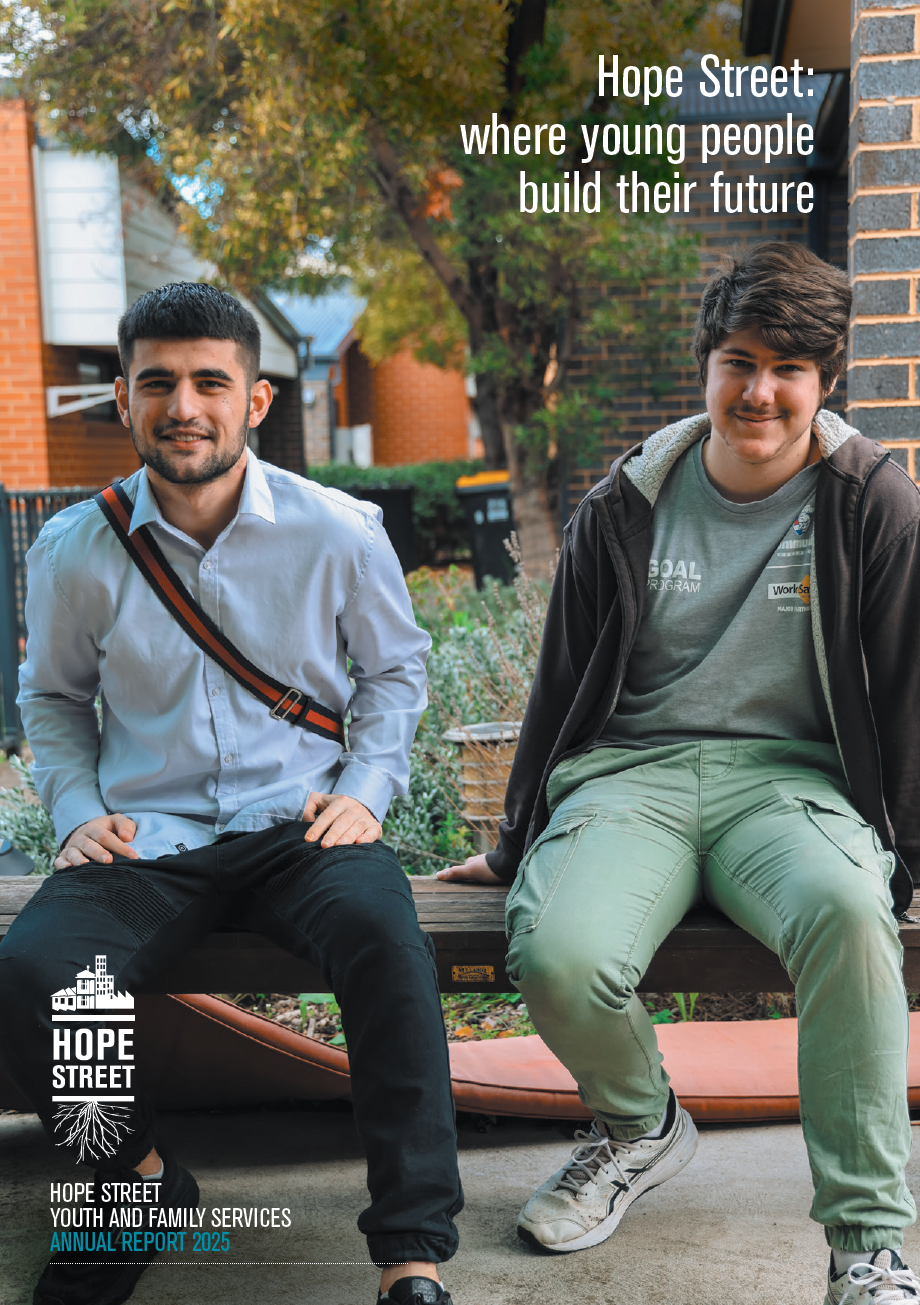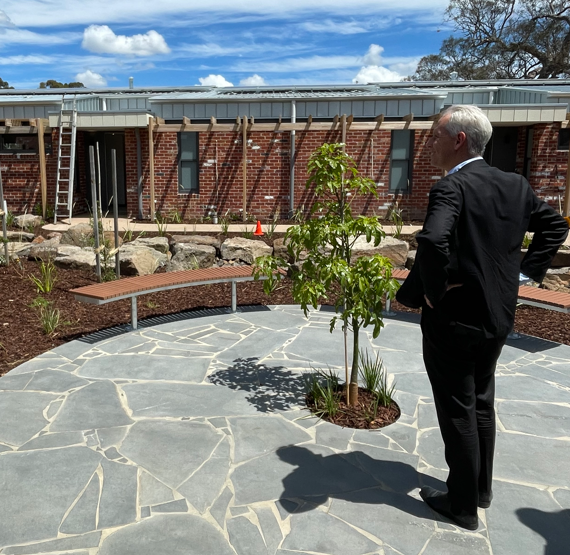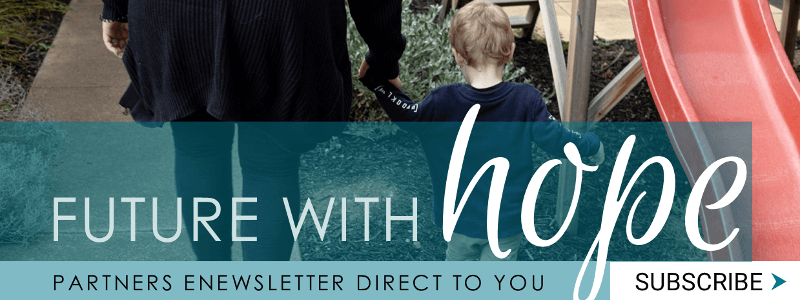After weeks of intensive work, Hope Street are proud to announce that as of Friday 23rd of May we have officially completed our submission to the Department of Health and Aged Care's federal consortium on models of mental health care and support service for young people. The submission is titled 'The missing pieces’ Submission on the needs of young people experiencing homelessness for the national review of Youth Mental Health Models. The submission was shaped by the invaluable insights and feedback of our staff as those who work directly with young people every day. Approximately three quarters of young people who access Hope Street programs have either diagnosed or undiagnosed mental health conditions at the point of entry to our programs.
The Orygen Consortium summary paper unfortunately failed to discuss the experiences and needs of young people who experience homelessness, despite young people being one of the biggest cohorts of people experiencing homelessness. This cohort of homeless people continues to grow, and it is critical that Hope Street uses this opportunity to advocate for this extremely vulnerable and socio-economically disadvantaged group of young people.
Hope Street's submission contains a list of recommendations about what would work for young people. The submission is available in the publications section of our website and is linked here:
More information about the work and focus of the Consortium can be found on their website which supplies public-facing documents about the other work which has already been completed.

🌍 Travel 4 Good: Adventuring for a Cause
Meet Stephen and Lisa Cole - two everyday adventurers on a mission to make a difference. Through their platform Travel 4 Good, they’re proving that meaningful travel can create real social change.
In June 2025, they’ll trek 154km across Scotland's stunning West Highland Way over 8 days - and every step they take will raise awareness and vital funds for young people facing homelessness right here in Australia.
Stephen says, "In a cost-of-living crisis, good people make desperate choices. We want to help before it gets to that point."
Hope Street’s Living Skills Program is under-resourced and urgently needs support. With your help, we can equip more young people with the confidence and capabilities they need to change their circumstances and thrive.
Their goal? To raise $5,000 for Hope Street’s Living Skills Program - an under-resourced initiative that supports young people, including young families, living in Hope Street’s supported transitional housing program in Thomastown. The program includes seven (7) individual units and equips participants with everyday life skills many of us take for granted:
🥣 Cooking
📝 Planning and budgeting
🎨 Creative self-care and soothing activities like art and craft.
Hope Street CEO Donna Bennett shares, “I look forward to being a part of your hiking adventure of the West Highland Way (from Melbourne) - looks amazing. Thank you for thinking of Hope Street and supporting the many vulnerable young people who are impacted by trauma and homelessness.”
With your help, we can equip more young people with the confidence and capabilities they need to change their circumstances and thrive.
🧡 How you can help
- Follow the journey via [Travel 4 Good’s Facebook Page or Polar Steps]
- Donate today and directly support youth experiencing hardship
- Share this story and inspire others to turn adventure into impact.
Let’s walk beside Stephen and Lisa – and walk toward a future where no young person is left behind.
➡️ [Donate Now]
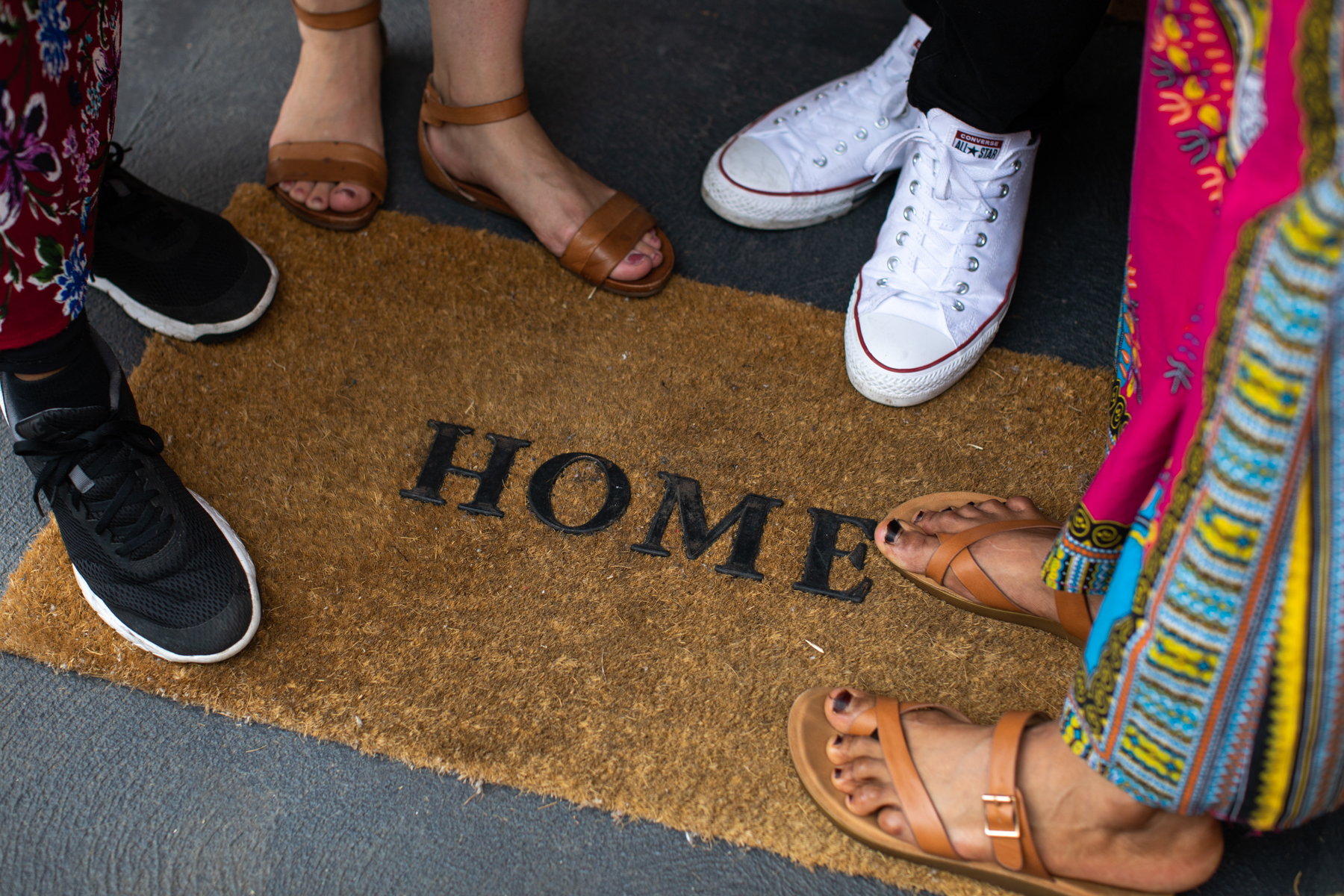
In December, Hope Street Youth and Family Services welcomed Federal Government representative and Member for Scullin, Andrew Giles MP to visit and tour the new First Response Youth Service centre.
Andrew was able to see how this nation leading, culturally safe and therapeutically designed youth housing solution is now part of the local community in Melbourne’s northern eastern growth corridor.
This impactful design features 12 emergency response beds being provided to young people, including two units dedicated to young families, one specifically for First Nations young families.
Andrew was able to see the beautiful therapeutic and primarily edible gardens, and tour the disability accessible units, laundry, bathrooms, kitchen, study area, and art therapy / games room space.
The community in the City of Whittlesea is now home to this brand-new youth housing solution to address inequity for young people and young families.
With over 850 people recorded as homeless in the City of Whittlesea on census night 2021, Hope Street’s tested and successful program model will provide emergency accommodation and essential services to 100 young people including young people with children impacted by homelessness.
Specialist youth focused services will be provided on site, with a professional team of youth workers and case managers, who will assist each young person to assess their individual needs and circumstances. The worker, jointly with the young person, will develop a plan, provide support and access to resources to enable the young person to achieve their goals in-particular health and wellbeing, education or employment, social connection, and ultimately a safe place to call home.
Hope Street officially launches the First Response Youth Service Whittlesea centre, December 2024!

Hope Street was excited to welcome Victorian Government local representative Lily D’Ambrosio MP alongside Housing Minister Harriet Shing MP to publicly open the new site, the First Response Youth Service centre in the City of Whittlesea.

The Victorian Government is the major partner providing a one-off capital grant to build the First Response Youth Service centre through the Big Build Youth Housing Grant in 2021 as well as recurrent operational funding.

The City of Whittlesea was first to partner with Hope Street with a commitment to providing land for the new centre. The nation leading youth homelessness service centre will be officially recognised by Youth Mayors Zachery Melvaine and Kaynat Virk as a significant step for young people and young families experiencing homelessness.

A special thank you to Craig Murphy-Wandin who commenced the event conducting the cultural ceremony of Welcome to Country and Smoking Ceremony. Craig Murphy-Wandin is a proud Wurundjeri and Woiwurrung man who was born, lives and works in Healesville, on the ancestral lands of his grandfather. Using both traditional Indigenous and contemporary techniques, his practice centres on woodwork and is informed by his experience working as a carpenter and horticulturist.

The architecturally designed centre, includes 12 emergency response beds for young people, including two units dedicated to young families, one specifically for First Nations young families.

Hope Street is delighted with the long-term partnership with Mirvac who have made a significant contribution to the centre by landscaping the carefully designed outdoor garden and gathering spaces. Mirvac’s landscaping expertise adds to the soothing, calm and comfortable environment which will enhance young people’s ability to move forward with their situation as they strive for a better future.

Hope Street is pleased to have created a new relationship with the Property Industry Foundation and is grateful for the donation to fund the construction of the bedrooms. We look forward to strengthening this relationship into the future.

This project also features donations from Marian and EH Flack Trust, Comfort sleep, Blind Concepts, Sleep Smart, Sheridan, Morc interiors, Harvey Norman Commercial, and John Holland.
Hope Street’s tested and successful program model will provide emergency accommodation and essential services to 100 vulnerable young people including young people with children impacted by homelessness, annually.
Partners eNewsletter
Sign up to have our free quarterly Partners eNewsletter delivered to your inbox and learn more about how Hope Street and its partners are supporting young people and young families who don't have a safe place to call home.
Upcoming Events
Latest News
Popular
Featured Stories
Homelessness - Facts & Stats
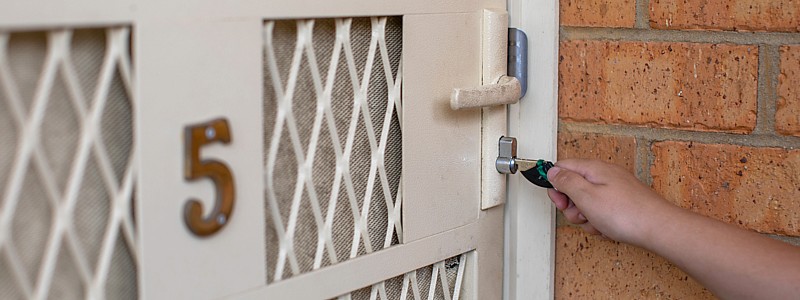
FEATURED PILOT PROGRAM: Hope to Home in Whittlesea
Many young people face obstacles when trying to secure stable accommodation due to no rental history, lack of affordable housing, and no employment to sustain rental leases. The Hope to Home in Whittlesea pilot program will address these issues by:
- Facilitating the transition of up to 30 young people (and their children) from the Hope Street in Whittlesea program or Whittlesea Housing into 1 and 2 bedroom units
- Providing case management once they secure private rental of these units
- Helping these young people maintain their tenancy, employment, education and training, and community connections
- Engaging the support of community stakeholders including local businesses to address barriers contributing to youth homelessness
Please contact us if you would like to become a partner and support at risk young people and young families.


